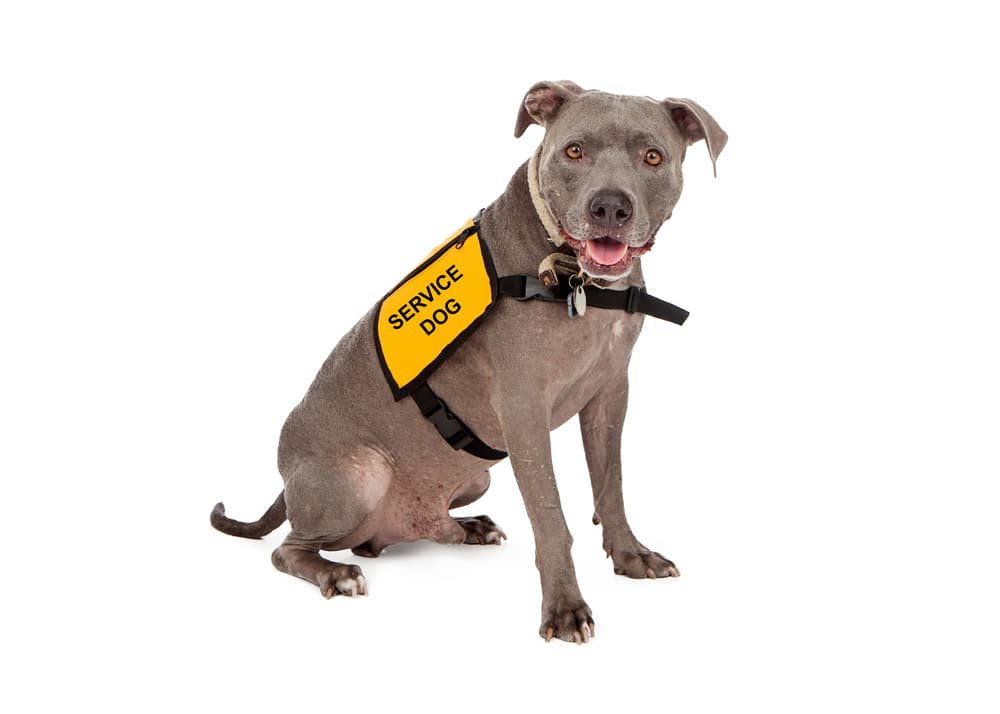The Federal Fair Housing Act was enacted in 1968 to prevent discrimination in the housing market based upon race, color, religion, sex or national origin. In 1989, the Fair Housing Act was amended to broaden the definition of “protected class” to include persons with disabilities. The Fair Housing Act, the Americans with Disabilities act and the Rehabilitation Act all require that tenants and applicants for vacancies in residential units be provided with “reasonable accommodations” as may be needed to allow them full use and enjoyment of their housing.
Many landlords and property managers do not know that people with disabilities have the right under these Federal laws as well as under California law to use the services of a guide, signal or service animal and to keep those animals in their residences. In fact, under these laws a “service animal” is specifically defined to no be considered a pet. They are given the same definition as an auxiliary aid such as a wheelchair, walker etc.
A service animal can be any species. Also, there is no legal requirement that a service animal be specifically trained or be certified in some fashion. The Fair Housing Act considers companion animals to be a type of service animal.
If requested by a person with a disability, a landlord or property manager must make reasonable accommodations for the animal. The California Fair Employment and Housing Department specifically states on its website that one reasonable accommodation that a landlord or property manager must make is an exception to any “no pet” policy so as to allow a tenant or applicant to have a service animal in the rental unit.
Landlords and property managers are allowed to “reasonably regulate” the presence of the service animals in rental units but the law does not provide clear guidance on what would be considered a reasonable regulation. However, the law is clear that an extra charge or security deposit may not be imposed. Tenants remain liable for any damage caused by their service animals.
A landlord or property manager may ask a tenant or applicant for medical verification of the need for a service animal. However, the request can only be for verification that the tenant or applicant is disabled within the meaning of the law and that there is a need for the service animal. The landlord or property manager cannot ask for any information about the nature of the disability.








